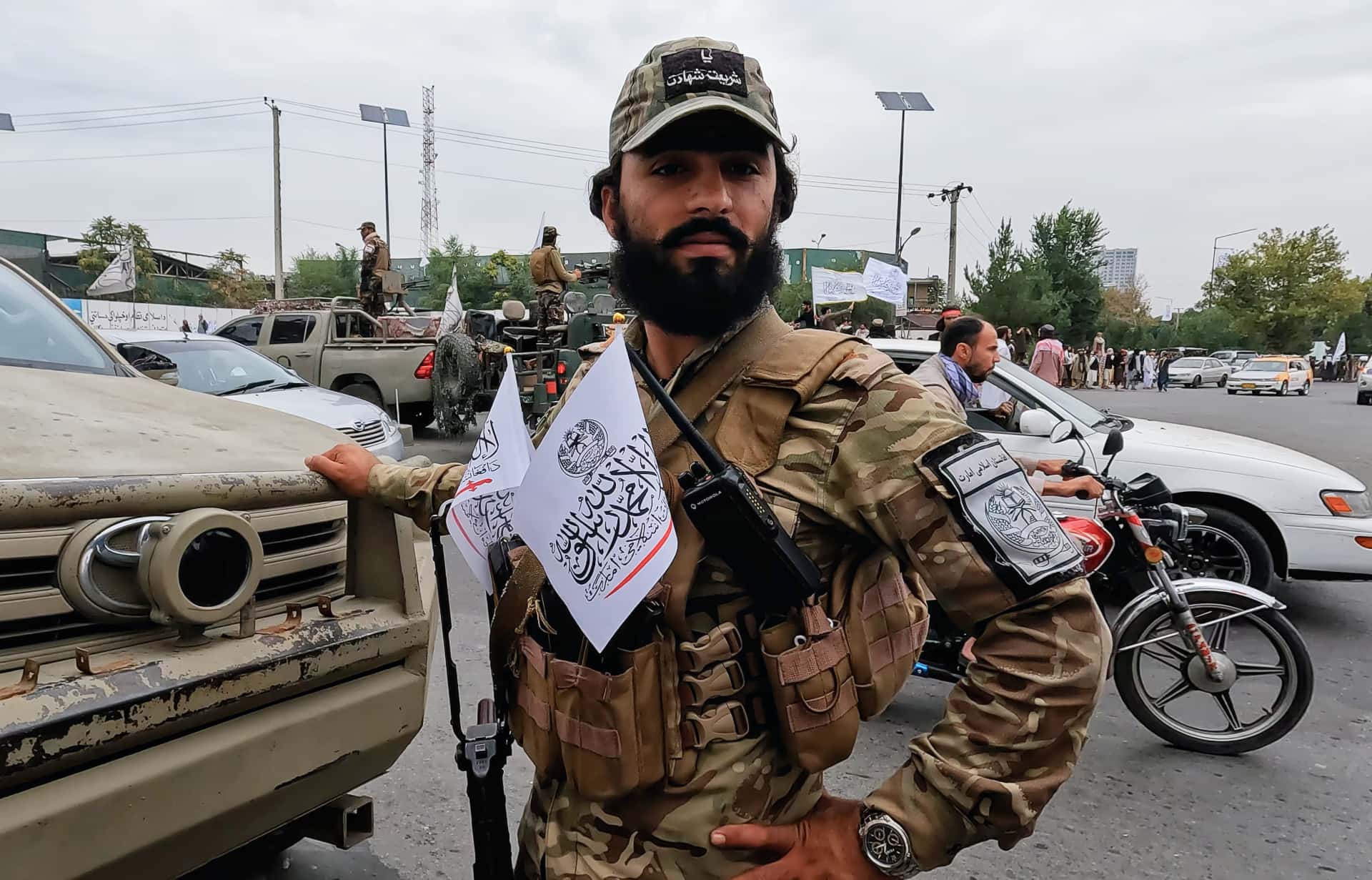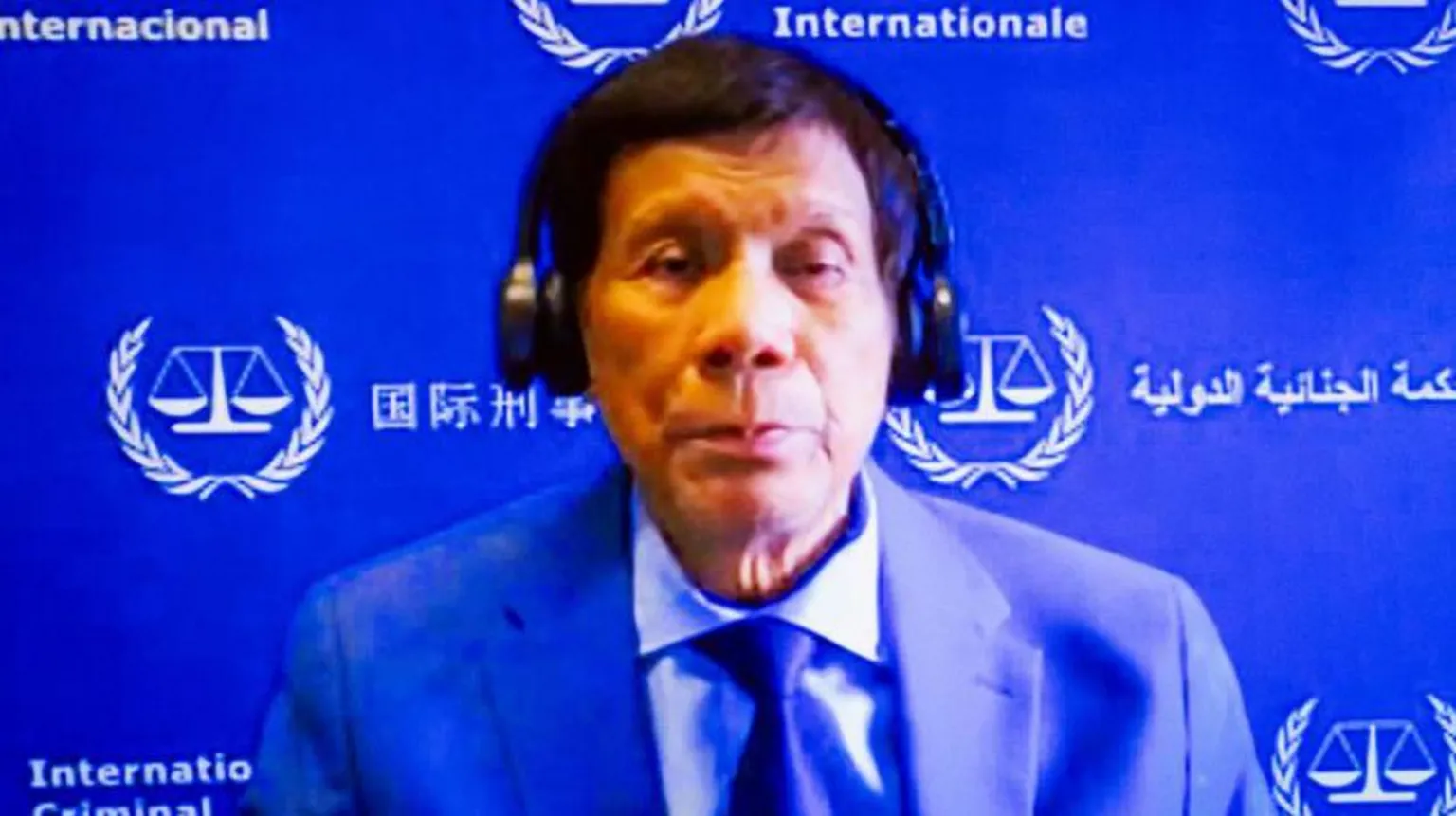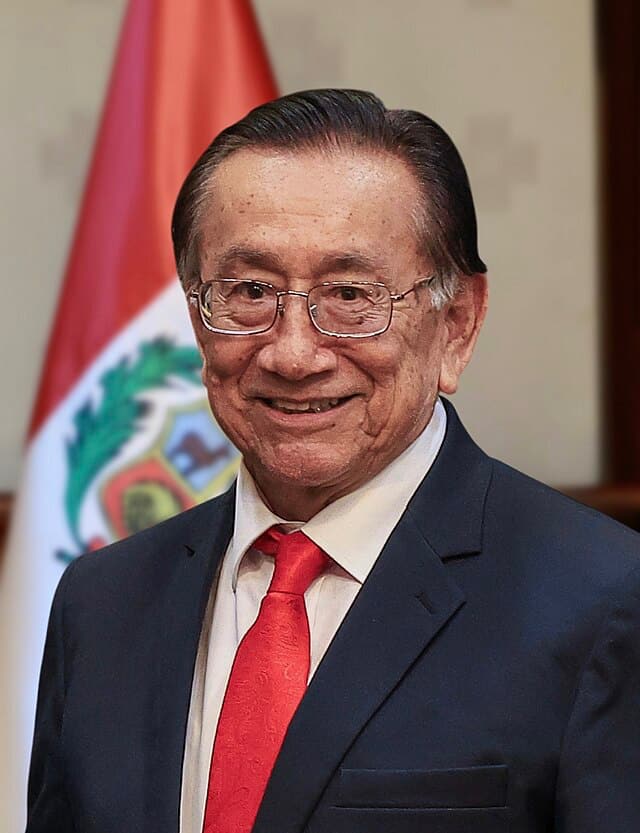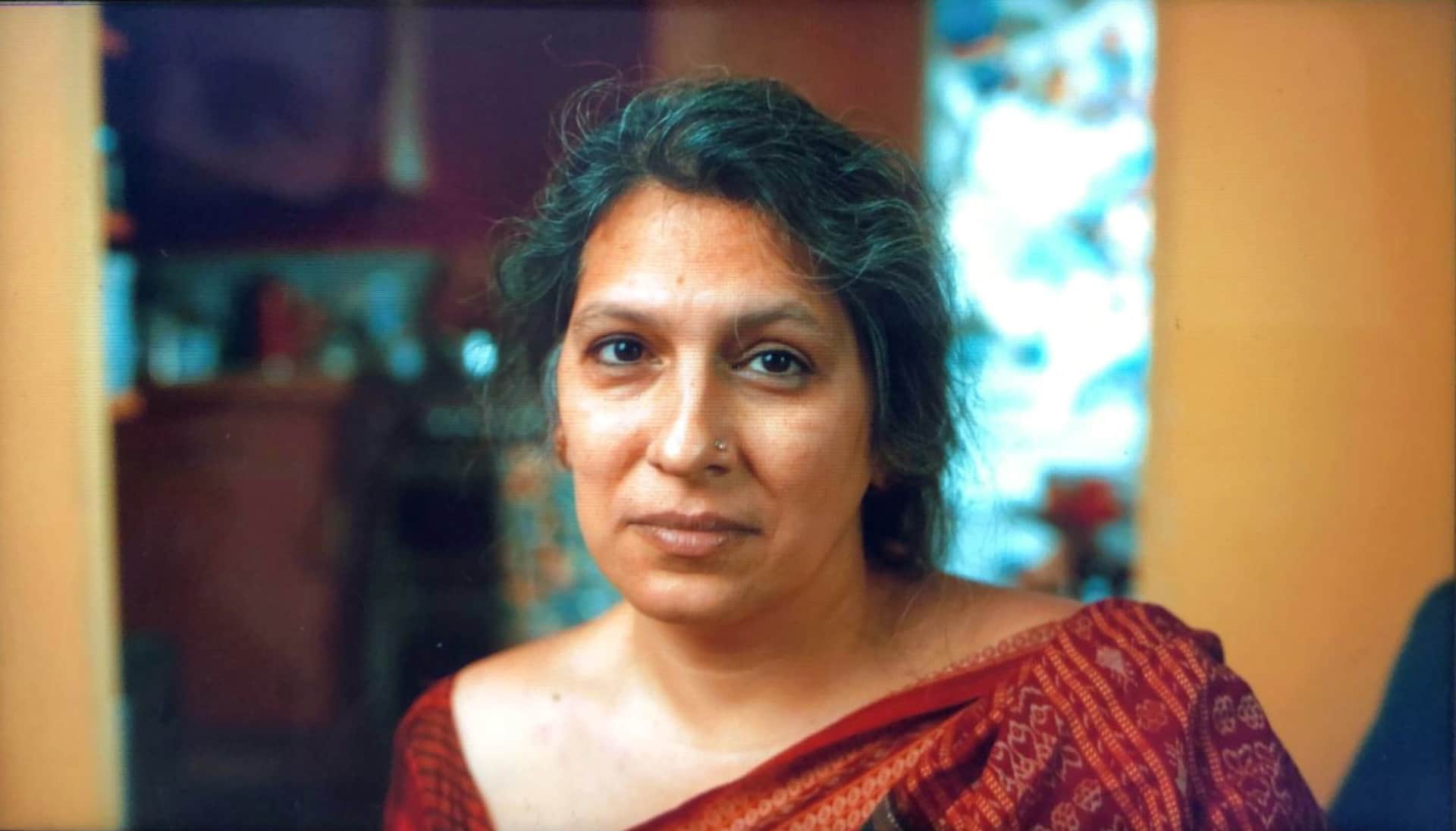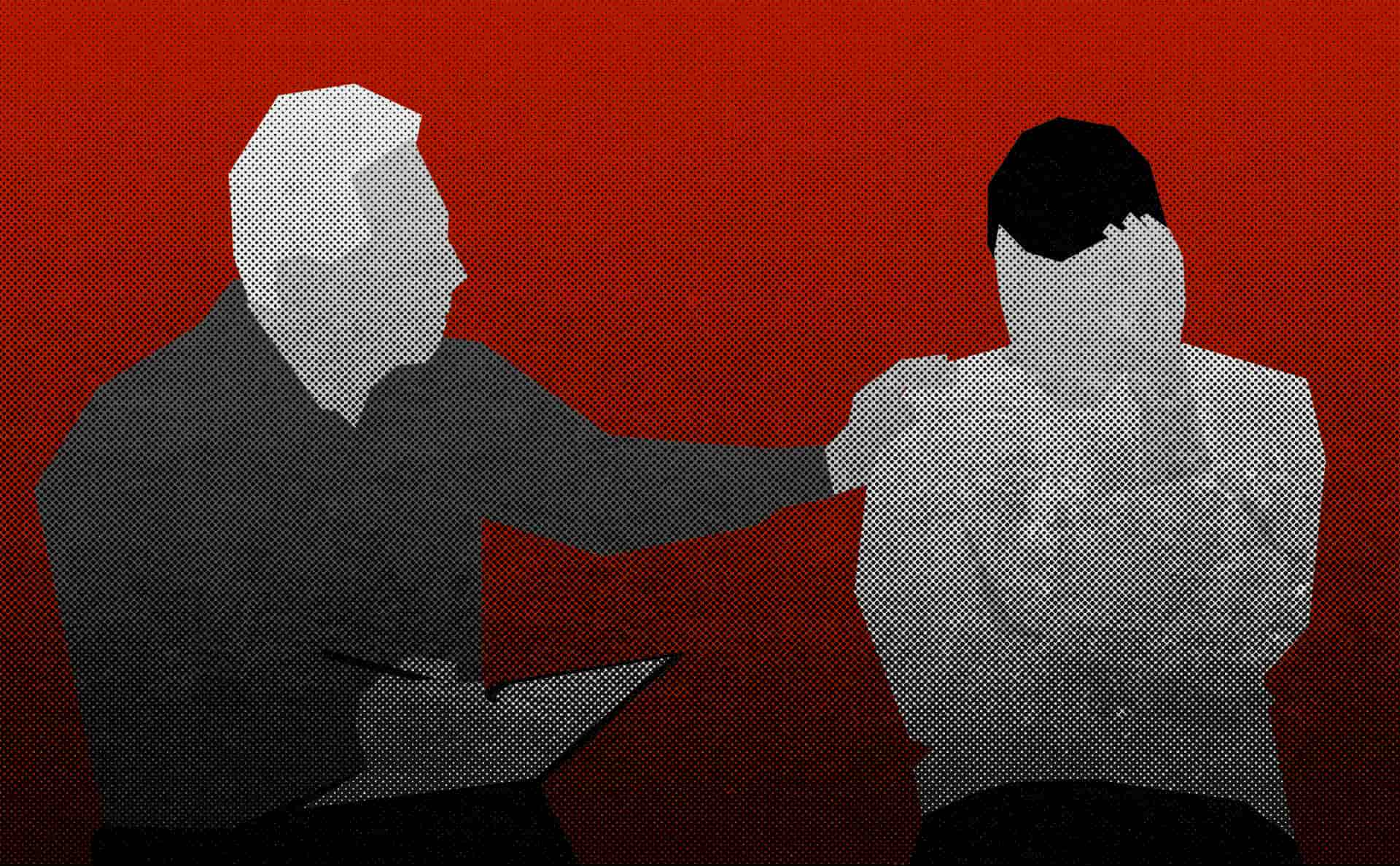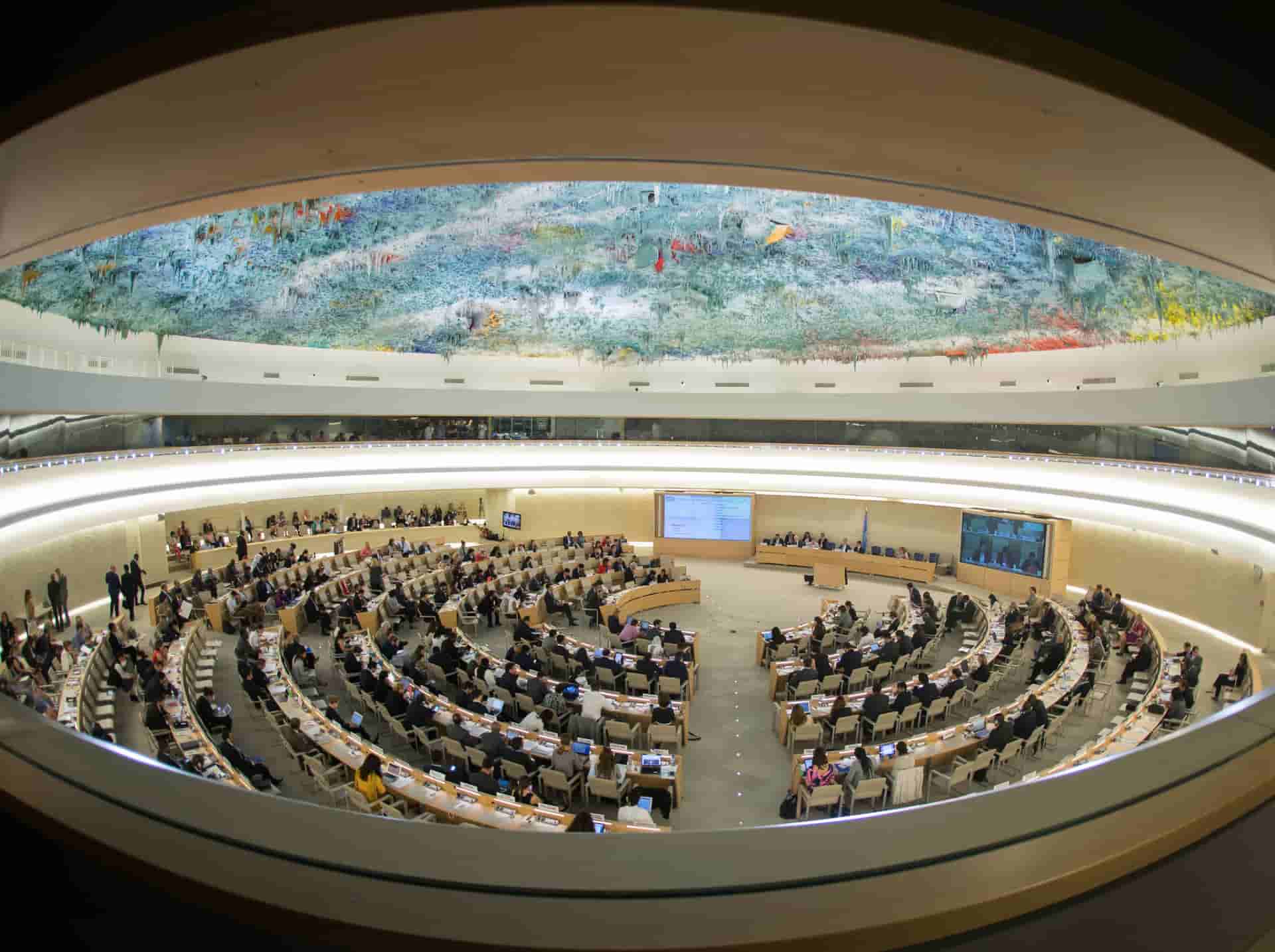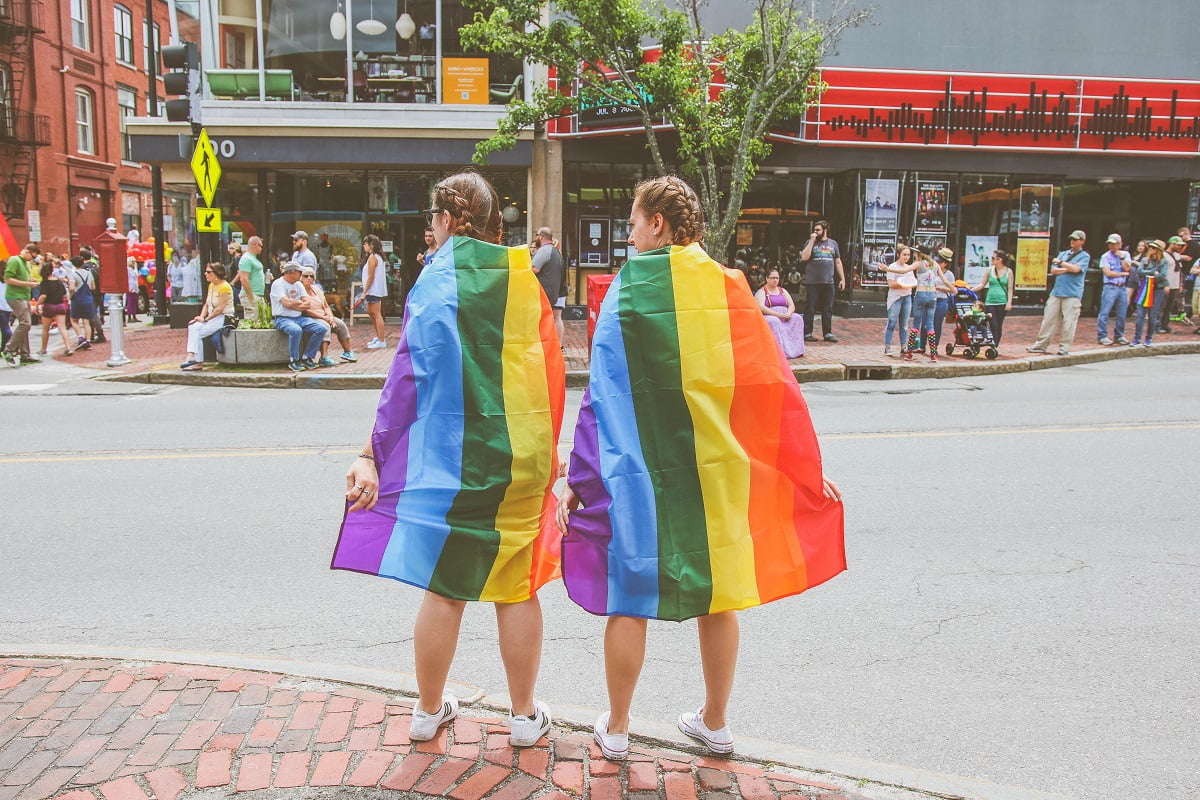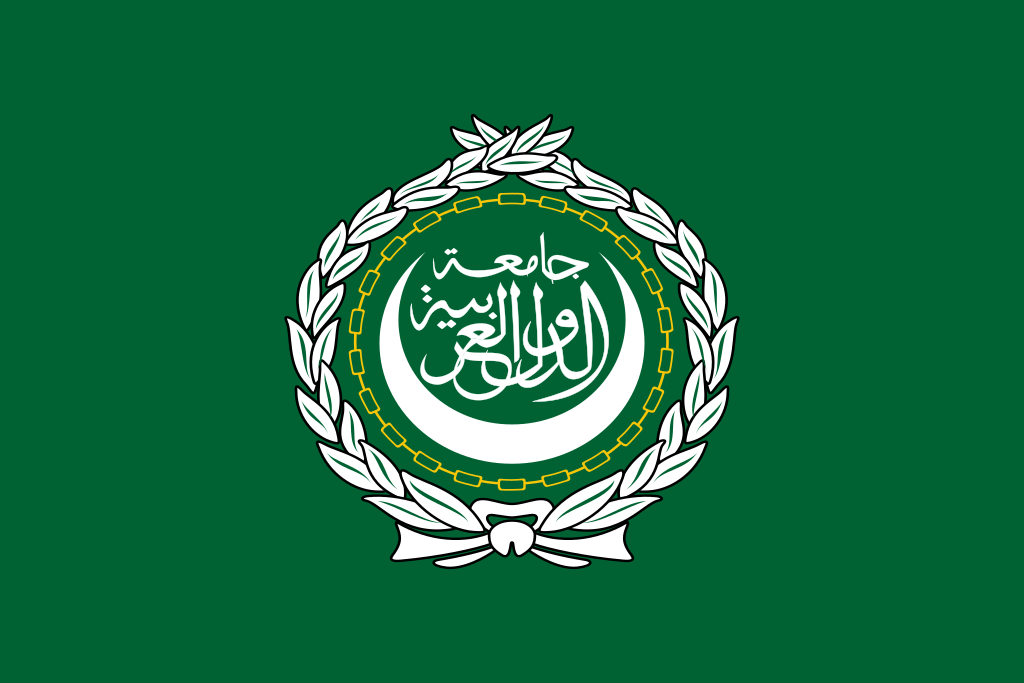Could Uganda's Anti-Gay Law Alter the Lives of All Ugandans, Straight or Not?
Uganda's Anti-Homosexuality Act not only threatens the LGBTQ+ community but also endangers healthcare and disrupts international aid, creating a nationwide crisis.
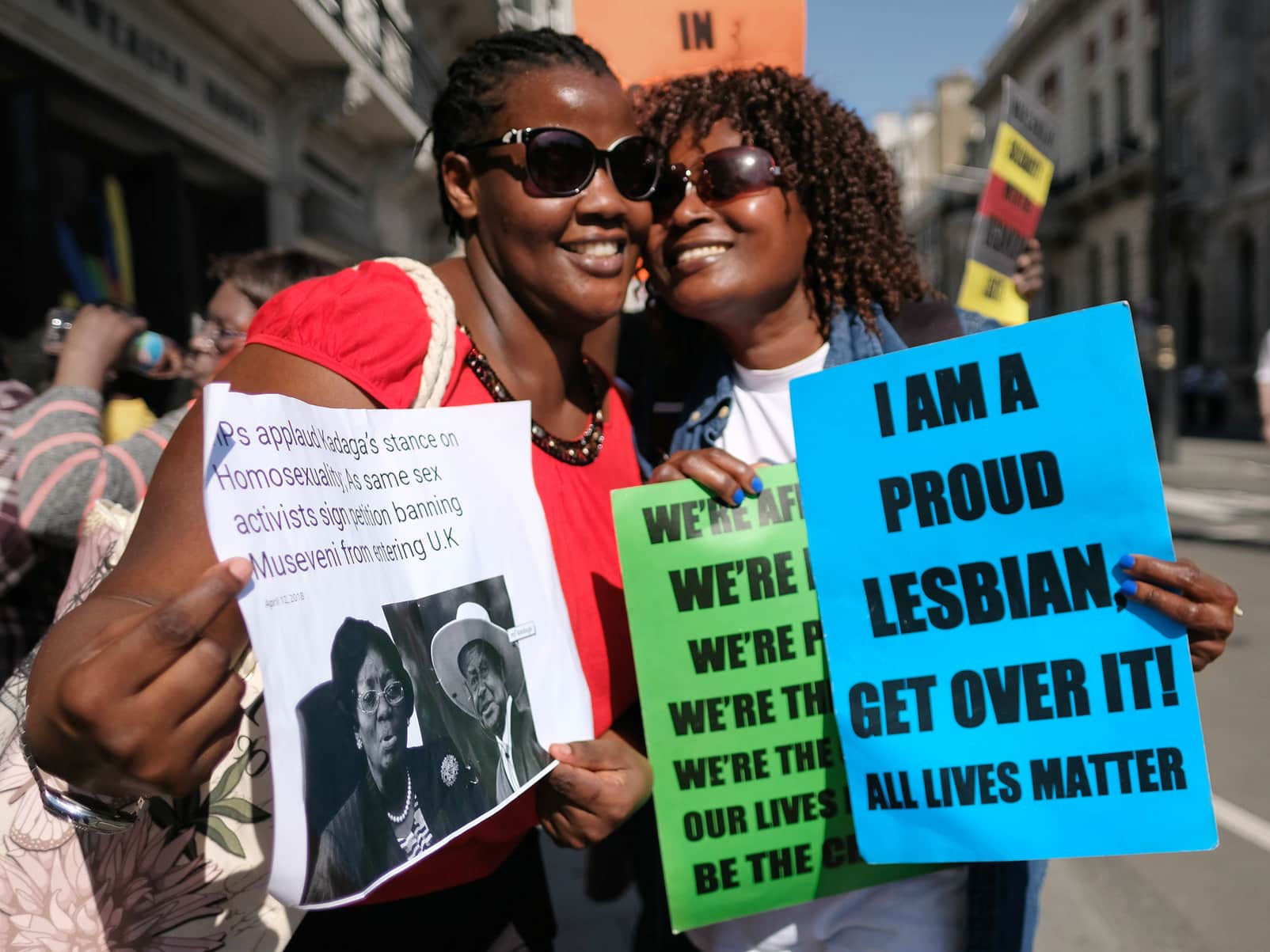
The President of Uganda, Yoweri Museveni, has signed an Anti-Homosexuality Act (AHA), outlawing homosexuality in the country. Uganda’s penal code already prohibits same-sex conduct, but the new bill, signed on the 26th of May, introduced the death penalty for acts classified as “aggravated homosexuality”, which includes spreading HIV, rape and serial offending. Moreover, it raised the imprisonment term for same-sex conduct to 10 years, while a 20-year sentence could be handed to anyone promoting homosexuality.
Reviewing the history books reveals this isn’t the first time the government has implemented such measures. The nation has had laws prohibiting anal sex between men, known as “buggery”, since colonial times.
In 2009, under the influence and support of extremist American evangelical Christian groups, Uganda’s government attempted to pass a law penalising various forms of gay sex and activities promoting homosexuality. Although this law failed, a similar one was implemented in 2014, only to be later overturned by the courts due to a technicality. Since then, violence against Uganda’s LGBTQ+ population has escalated.
A report published by Sexual Minorities Uganda indicated an increase in violence against these communities after last year’s Anti-homosexuality law. The violence included attempted lynchings, mob violence, house burnings, job losses, arrests, evictions and suicides.
In some cases, individuals identifying as LGBTQ+ were kidnapped, tortured, and a 17-year-old boy committed suicide, feeling worthless after the law’s enactment. Such Draconian measures affect all Ugandans.
The HIV project in Uganda is also a casualty, with those involved fearing prosecution and seeking treatments underground. Despite the government’s progress in addressing the problem, experts worry that societal stigma towards HIV and homosexuality will discourage people from coming forward.
The law also jeopardises the provider-patient relationship, as healthcare providers are obligated to disclose information about people engaging in gay sex. They could also face revocation of their licences or hefty fines for providing such services.
Lastly, the law could impact the redirection or reinvestment of critical aid. Such aid plays a vital role in developing the healthcare systems and bolstering infrastructure. As of 2021, Uganda received $2.52bn in official net development assistance from various aid organisations. The US, having reported a 4% increase in bilateral flows to Uganda between 2018 and 2020, is the highest donor.
The original bill, which was passed in March 2023, also criminalised individuals merely identifying as LGBTQ+. However, the bill was vetoed by the country’s president, Musevini, and sent back for revisions, which included the removal of this particular point.
“The Western world will not come to rule Uganda”, declared Anita Among, the speaker of parliament. Several local sources and diplomats believe Russian funding facilitated the entire parliamentary motion. Furthermore, American conservative politicians have been fuelling moral panic in societies where homophobia is prevalent.
Uganda is one of 68 countries that have implemented measures to ban homosexuality. The majority of these countries are in the Middle East and North African regions. For members of the LGBTQ+ community, the future appears increasingly bleak. Years of work by activists in Uganda and around the world could be undermined if there are spillover effects to other countries.
However, hope is not lost. Some have filed a petition to challenge the law. “One way or another, we will destroy this bill”, says Clare Byarugaba, an LGBTQ+ activist at Chapter Four Uganda. Many are relying on her efforts to envision a future that now seems like a distant dream.
The Constitutional Court, on the 2nd of October, began proceedings to hear a challenge to the severe Anti-Homosexuality Act. Nicholas Opiyo, a key attorney in this case, emphasised the urgency, noting that many lives hang in the balance pending the outcome.
“Our prayer is that this petition is heard and disposed of as quickly as possible because there are people whose lives are in danger. There are people…whose very life depends on the outcome of this petition,” Opiyo said.


